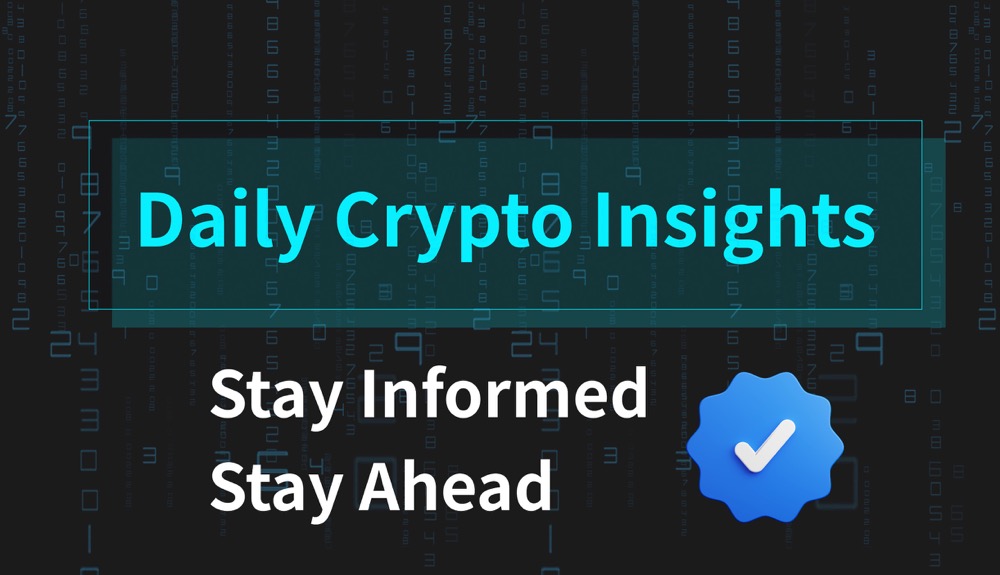Solana rally follows Bitcoin price as SOL data points to traders’ $200 target
Solana’s native token SOL ( SOL ) opened the day with a 5.3% gain to trade slightly above $167. The move accompanied Bitcoin’s ( BTC ) US election day rally to $70,550, and for many traders, the desired target for SOL rests closer to $200.
Currently, onchain data and derivatives market metrics suggest that SOL’s rally could continue in the short-term.
Solana continues to lead in decentralized exchange (DEX) volumes, a clear indicator of user activity and transaction fees, both of which are crucial for fostering sustainable growth and encouraging further project and trader adoption.
Decentralized exchanges 7-day volume market share. Source: DefiLlama
Recent data reveals Solana's clear edge over the Ethereum network. Notably, none of Ethereum's layer-2 solutions have managed to compete with Solana's $11.86 billion in weekly DEX activity, underscoring that low fees alone do not suffice to overcome Solana's competitive edge.
Solana’s activity stands out, given its relatively small TVL
In terms of fees, Solana generated $20.5 million over the last seven days, as reported by DefiLlama, significantly closing the gap with Ethereum, which amassed $22.6 million. This proximity is remarkable when considering Ethereum's network holds $47.5 billion in deposits, nearly eight times more than Solana's $6 billion.
Ethereum TVL, ETH vs. Solana TVL, SOL. Source: DefiLlama
Deposits on the Ethereum network grew a modest 4% over the past three months, reaching 19.8 million ETH ( ETH ) on Nov. 5. Meanwhile, TVL on Solana increased by 38%, totaling 38.1 million SOL. This difference can partly be attributed to the liquid staking sector being far more consolidated on Ethereum, while Solana benefits from gains in Jito, Marinade, and Sanctum.
SOL holders enjoy a 6.5% yield on native staking, leading to 66.9% of the circulating supply participating in the network validation process. By comparison, the staking ratios stand at 28.6% for Ethereum and 22.4% for BNB Chain, thus offering a much higher amount of liquid supply available for immediate sale on these networks.
Additionally, the SOL equivalent inflation rate has decreased to 5.4% from 5.7% three months ago, according to StakingRewards data. In practical terms, this change results in a higher net return for those participating in the Solana network validation process, addressing previous criticisms regarding SOL's inflation rate.
Related: 2024 US elections live: Crypto on the ballot
Demand for SOL futures is balanced between bulls and bears
While Solana's onchain metrics are robust, especially when compared to Ethereum and BNB Chain, this does not necessarily equate to bullish market sentiment. To gauge trader positioning, an analysis of SOL perpetual futures markets is crucial. Periods of excitement typically lead to a positive funding rate, indicating that long positions (buyers) are paying for leverage.
SOL perpetual futures 8-hour funding rate. Source: CoinGlass
Even with SOL's price dipping to $155 on Nov. 4, the funding rates have remained positive, though only slightly. This data suggests that traders are at least neutral, if not mildly bullish, providing room for leverage buying activity which is key for a sustained push toward $200.
However, it would be imprudent to overlook the potential impact of the US presidential election results, as well as the upcoming comments from Federal Reserve Chair Jerome Powell after the interest rate decision on Nov. 7.
Disclaimer: The content of this article solely reflects the author's opinion and does not represent the platform in any capacity. This article is not intended to serve as a reference for making investment decisions.
You may also like
Bitget Daily Digest (February 21) | $IP futures liquidations near $BTC levels, market sees positive news for $NEAR and $LTC

Limited Time Spring Rewards Just For BGB Holders!
A trader bought 6783 $SHADOW 17 days ago and currently has a floating profit of $1.15 million
